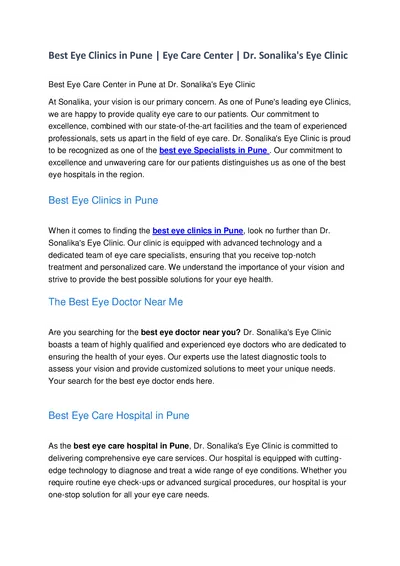PPT-Hair Care Products
Author : tatyana-admore | Published Date : 2017-11-18
The Ultimate Question on Paper 2 Bernice Ridley SCS Summer School 2017 Hair Care Products What do you know What should you know Where is the information Question
Presentation Embed Code
Download Presentation
Download Presentation The PPT/PDF document "Hair Care Products" is the property of its rightful owner. Permission is granted to download and print the materials on this website for personal, non-commercial use only, and to display it on your personal computer provided you do not modify the materials and that you retain all copyright notices contained in the materials. By downloading content from our website, you accept the terms of this agreement.
Hair Care Products: Transcript
Download Rules Of Document
"Hair Care Products"The content belongs to its owner. You may download and print it for personal use, without modification, and keep all copyright notices. By downloading, you agree to these terms.
Related Documents














